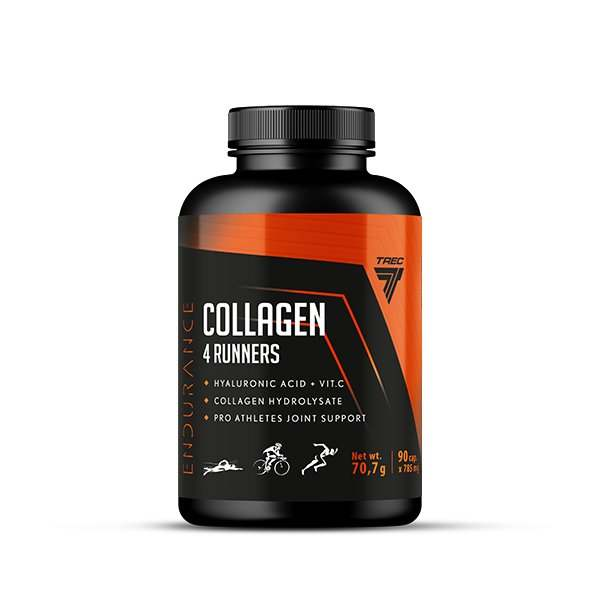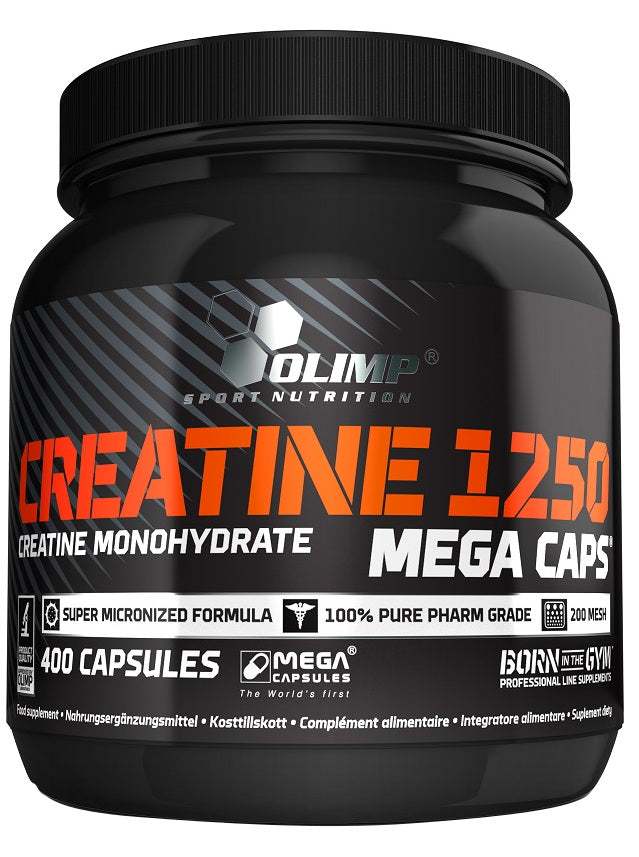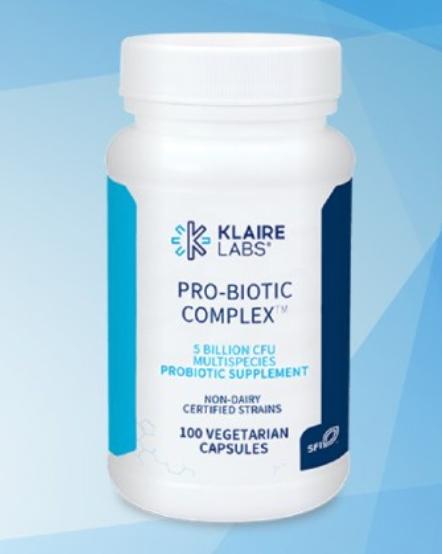
 Instagram
Instagram
Related products
7 beste vitamines voor kinderen, volgens artsen

Related products
Since vitamins support optimal health and physical function, they are crucial for children's growth and development. Numerous bodily functions, such as energy production, immune system stimulation, bone strength, and enhanced mental comprehension, are supported by this diverse group of chemical compounds.
A balanced diet can often meet most children's vitamin needs, but certain vitamins need extra attention due to their essential roles in the body.
Although parents must monitor their children's diet and ensure that meals are varied to satisfy the bulk of vitamin requirements naturally contained in foods, supplementation under counsel is still an option if necessary.
All children aged six months to five years should take vitamin pills including vitamins A, C, and D every day, according to UK government recommendations.
Why Vitamins Are Important for Kids
- Supports Growth and Development: Essential vitamins help kids grow normally. They promote the growth of strong bones, muscles, skin, and eyes. For instance, vitamin A is thought to improve eye health, whereas B vitamins are involved in cell metabolism, which supports general development.
- Boosts Immunity: Strong antioxidants found in certain vitamins help children's immune systems fight off infections more effectively. Because they offer protection from common illnesses like the flu and colds, vitamins C and E are crucial for preserving overall health.
- Aids Cognitive Function: Since vitamins affect brain function, they are crucial for a child's cognitive development. Numerous vitamins, including vitamin B12, have been shown to significantly enhance memory and cognitive abilities, which in turn enhance academic performance.
- Regulates Energy Levels: Certain vitamins help cells' metabolism, which ensures that your child has balanced energy levels all day long. This keeps them alert and active during study and fun.
Vitamin A
Vitamin A is essential for maintaining good vision, increasing immunity, and promoting the growth and development of children. Additionally, it supports the health of the skin, bones, and tissues.
High-dose vitamin A supplements should be given every 4-6 months to all children aged 6 to 59 months who live in affected areas, per current international guidelines. Children should take 100,000 international units (IU) between the ages of 6 and 11 months and 200 000 IU between the ages of 12 and 59 months.
Dark leafy greens, sweet potatoes, spinach, carrots, and other vibrant fruits and vegetables are foods high in vitamin A. Fish, liver, dairy products, eggs, and even fortified breakfast cereals are examples of foods made from animals that help individuals meet their nutritional needs.
Vitamin A deficiency signs include night blindness, dry or scaly skin, recurrent illnesses, etc. Vitamin A supplementation is recommended for babies and children aged 6 to 59 months as a public health strategy to reduce child morbidity and mortality.
Vitamin C

Vitamin C, sometimes called an immunity booster, is vital for many aspects of a child's growth. Because it is essential for the growth and upkeep of body tissues including skin, blood vessels, ligaments, and others, it fosters overall healing abilities. It also enhances iron absorption, which promotes healthy oxygen transport in children's developing bodies and aids in the production of red blood cells.
Age-group-specific daily consumption standards should be established in accordance with paediatric health guidelines: The recommended dietary allowance (RDA) for vitamin C in children varies by age and is as follows:
|
Age |
Recommended daily Allowance |
|
Birth to 6 months |
40mg |
|
Infants 7-12 months |
50mg |
|
1-3 years |
15mg |
|
4-8 years |
25mg |
|
9-13 years |
45mg |
|
14-18 (Boys) |
75mg |
|
14-18 (Girls) |
65mg |
Oranges, lemons, and other citrus fruits, along with other types like bell peppers, strawberries, and others, are excellent examples of how varying meals can help to appropriately satisfy nutritional requirements.
Supplement options available at welzo include Vitamin C - Kirkman Laboratories, Valupak Chewable Vitamin C Tablets 80mg, BioTechUSA Vitamin C, and Natures Aid Vitamin C.
Vitamin D

Vitamin D is the most crucial nutrient for kids' growth and development. It is crucial for encouraging the absorption of calcium, which is required for stronger teeth and bones throughout those active years of physical development. In addition to its advantages for skeletal health, vitamin D is prized for its critical function in a child's immune system, where it aids in the regulation of cells that combat infection.
Children under the age of one year are recommended to take 400 IU vitamin D and those between the ages of 1 and 18 should have about 600 International Units (IU) of vitamin D daily, according to the National Institute of Health.
Children can naturally meet their vitamin D needs in a number of ways during their daily lives. One of the main sources is exposure to sunlight; the body produces this vital nutrient when skin is exposed to moderate amounts of sunlight during the hours when the sun is at its brightest, which is mid-morning to early afternoon. Additionally, certain fatty fish like salmon, mackerel, and tuna, as well as fortified milk or dairy products such cheese yoghurt, are great nutritional sources that contribute the required amount of "Sunshine vitamin" to regular meals.
Supplementation is still a useful choice to ensure a child's strong health and future well-being in situations where the necessary levels cannot be reached by natural methods alone. Some of the available supplements include Carlson Labs Kid's Super Daily D3 + K2, Source Naturals Kids Vitamin D3 Black Cherry Fast Melts, and YPV Vitamin D3.
Vitamin E
Children's growth and development depend on vitamin E. Primarily, it serves as an antioxidant, protecting body cells from harm caused by free radicals, which are harmful substances produced when food is converted into energy or after being exposed to environmental factors like tobacco smoke.
Infants require about 4 mg of vitamin E daily from birth to six months of age. Between 7 and 12 months of age, infants consume somewhat more (5 mg) per day, and infants aged 1 to 3 years consume approximately 6 mg per day. Around seven milligrammes should be taken daily by children aged four to eight, and around eleven milligrammes should be taken daily by children aged nine to thirteen. And children aged fourteen to eighteen should drink fifteen milligrammes per day on average for overall health.
Vitamin E is abundant in many foods by nature, therefore special supplements are rarely required unless there are specific health issues. These include nuts that provide significant amounts of nutrients per serving, such as sunflower seeds, as well as almonds and hazelnuts! Green leafy vegetables that are considered to have a high nutrient content include spinach and broccoli.
Vitamin B Complex (B12, B6, etc.)

The vitamin B complex, which includes vitamins B12 and B6, is crucial to a child's development. These essential nutrients are necessary for maintaining the health of the skin and eyes as well as supporting the nervous system's normal function.
More importantly, it is necessary for the production of energy, which converts food into fuel and helps children become more active while feeling less exhausted. Sufficient amounts of these vitamins have been linked to improved memory and focus, which support adequate academic performance and cognitive development.
The RDA of vitamin B12 for children is:
- 1–3 years: 0.9 micrograms (mcg) per day
- 4–8 years: 1.2 mcg per day
- 9–13 years: 1.8 mcg per day
For infants under six months, the recommended daily dose of vitamin B6 is 0.1 mg; for children aged seven to twelve months, it is 0.3 mg; for children aged one to three years, it is 0.5 mg; and for children aged four to eight years, it is 0.6 mg. It rises with age, with children aged nine to thirteen requiring about one milligramme per day and those between the ages of fourteen and eighteen need roughly 1.2 to 1.3 mg per day.
You can get multiple vitamin B supplements including Lamberts Vitamin B12 Tablets, Allithiamine (Vitamin B1) - Ecological Formulas, and Vitamin B6 (P5P) - Nutri Advanced at welzo.
Calcium

Calcium is crucial for a child's growth since healthy bones and teeth are the foundation of physical well-being. The American Academy of Paediatrics claims that because calcium promotes cardiac function and neural transmission, these benefits extend beyond skeletal development.
A significant amount of your child's total needs are met by milk, cheese, and yoghurt because they are high in nutrients and have an easily absorbed body. Notable examples of fortified foods are certain breakfast cereals and soy beverages; leafy greens are a significant part of this group because they are natural stores in and of themselves.
Carlson Labs Kid's Chewable Calcium and Wellkid Calcium Liquid are among the multiple calcium supplements for kids that are available at Welzo.
Iron
Iron is a vital mineral that has a big effect on a child's growth. It guarantees effective oxygen transmission throughout the body and promotes the synthesis of red blood cells. A healthy energy and focus span are made possible by having sufficient iron levels, which also support general cognitive function.
The recommended dietary allowance (RDA) of iron for children, based on age and sex, is prescribed as follows: From the ages 1–3 years, both males and females are advised to take in 7 mg per day. Youngsters from ages 4–8 require slightly more with a recommended intake of 10 mg daily. Entering pre-teens, the requirement drops marginally to an RDA of 8mg for all individuals aged between 9 -13 years. As adolescence hits , there's a marked difference seen with growing boys needing about 11 mg whereas girls need around 15 mg each day due largely hormonal changes and unique physiological demands their bodies experience during the development phase.
Takeaway
The importance of essential vitamins and minerals for a child's growth and development cannot be overstated. In addition to promoting physical health, these nutrients also improve mental and immunological resiliency, two qualities that are critical for the ideal kid. Since the bulk of the nutrients the body requires are naturally found in many foods, a balanced diet is still crucial. Nonetheless, it won't seem improper to consider supplementation under supervision, especially during periods like growth spurts or unique medical situations where a need may arise. After all, achieving optimal well-being requires using adaptable strategies that are resilient and flexible.
Frequently Asked Questions
What vitamins are best for kids?
The B-complex, which supports metabolism and brain function, vitamin C, which is believed to boost immunity, vitamin D, which aids in calcium absorption and promotes bone growth, and vitamin A, which supports vision and the immune system, are among the vitamins that are frequently advised for children.
Do doctors recommend vitamins for kids?
A balanced diet is frequently advised by doctors as the main source of all nutrients, including these vital vitamins. When food sources may not be adequate or special physiological demands result from specific medical disorders, the recommendation shifts to taking supplements under a doctor's supervision.
What vitamins do doctors recommend most?
The majority of physicians strongly recommend vitamins A, C, and D in addition to minerals like calcium and iron. By promoting immunity, promoting healthy bone formation, and supporting eye health, respectively, these greatly enhance general well-being.

















 Beoordeeld uitstekend door 26,523+ beoordelingen
Beoordeeld uitstekend door 26,523+ beoordelingen